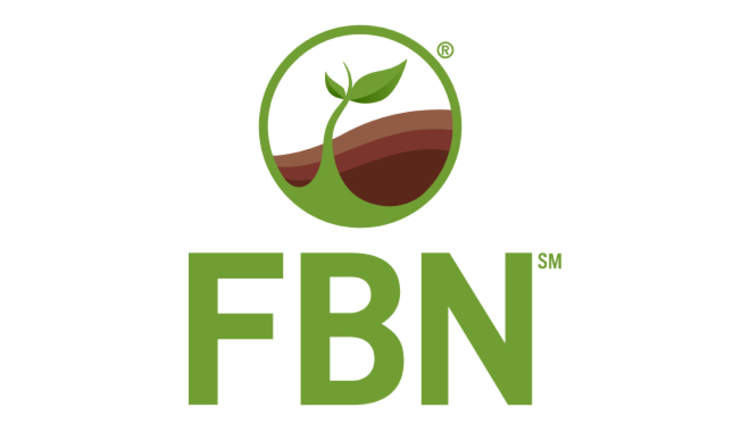The information below has been supplied by dairy marketers and other industry organizations. It has not been edited, verified or endorsed by Hoard’s Dairyman.

The meta-analysis combined 50 trials across eight countries and included 6,483 Holstein cows averaging 159 days in milk and a parity of 2.2. All herds participated in monthly milk recording services. In the 2021 published report, Evans et al. analyzed data from past on-farm trials in which the RPBV blend was compared to a control diet containing no added B vitamins in any format. The RPBV blend, fed at three grams per cow per day, was formulated to provide the vitamins most likely deficient in lactating dairy cows for optimum performance.
“Vitamins are nutrients generally needed in small quantities to support the metabolic well-being of animals,” says Dr. Essi Evans, president of E+E Technical Advisory Services. “Previous research, conducted decades ago when production levels were much lower, demonstrated that the rumen microflora synthesized sufficient B vitamins to support the amount of milk that was then being produced. Those findings were largely unchallenged until the turn of the century when cows greatly increased milk and milk component yields. This meta-analysis demonstrates the fact that rumen microbes may not provide adequate amounts of B vitamins to allow optimal productivity. The contemporary dairy cow may respond well to the inclusion of B vitamins.”
According to Dr. Evans, a deficiency occurs any time a supply is lower than a need. It may not result in clinical signs of poor health or performance, but rather some metabolic distress including decreased growth or milk yield production, negative response to stress or reduced reproductive capabilities. “Just adding B vitamins is not enough. The vitamins need to be rumen-protected to make sure they are delivered to support the needs of the cow,” adds Evans.
According to the Open Journal of Animal Sciences publishing, effective rumen protection of these vitamins offers significant advantages relative to intramuscular injections or feeding high doses of unprotected vitamins by being more cost-effective and labor effective.
“The changes were modest but suggest that cows are experiencing deficiencies in B vitamins,” says Chris Gwyn, Jefo North America ruminant business development manager. “The RPBV blend in these trials demonstrated that producers can realize an additional income of $116 per cow per year.”








